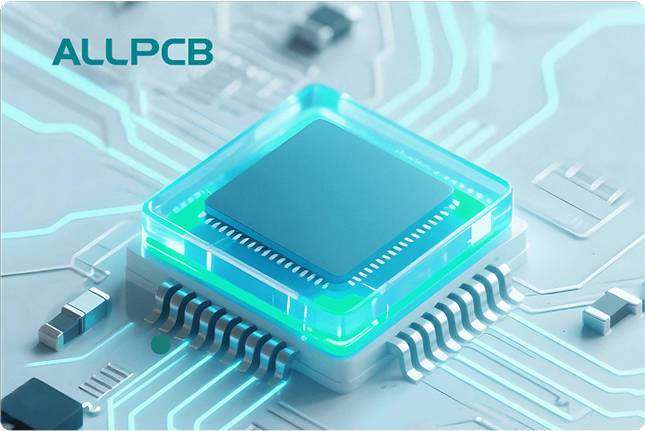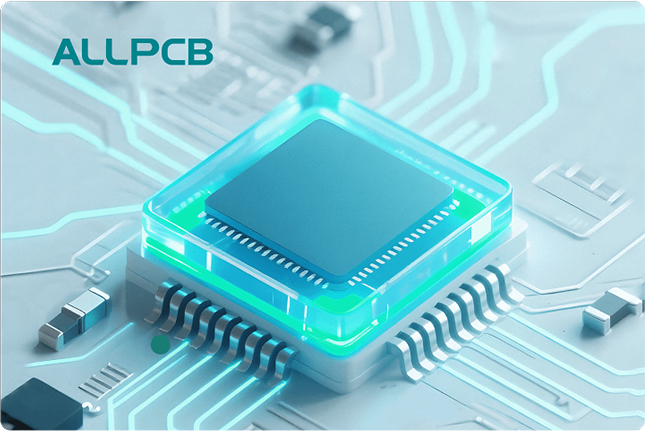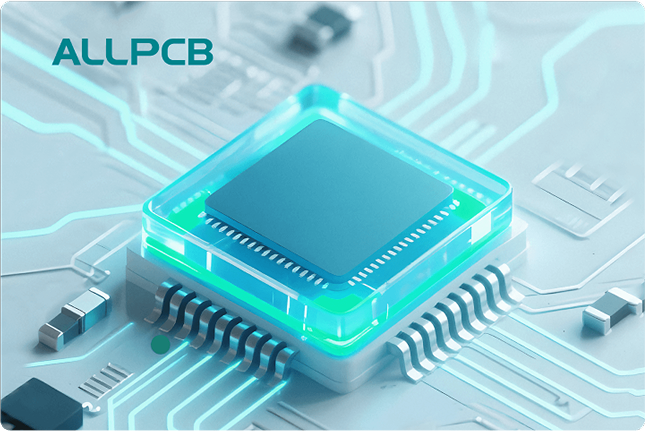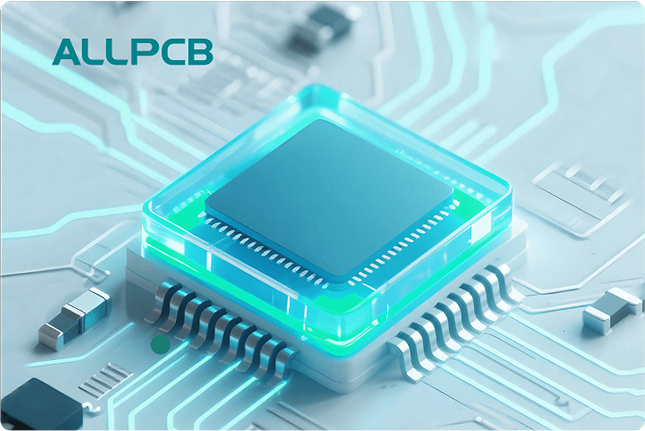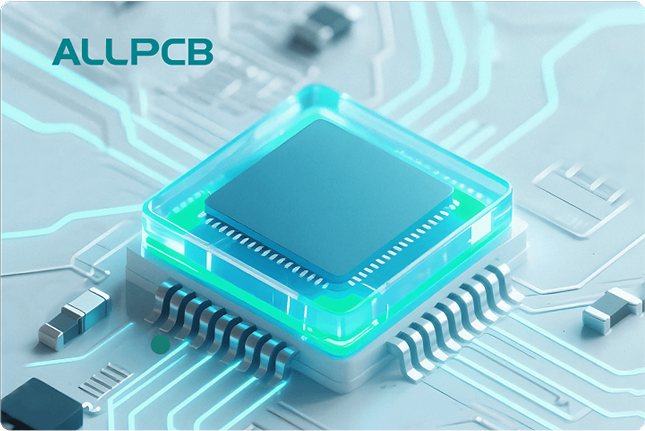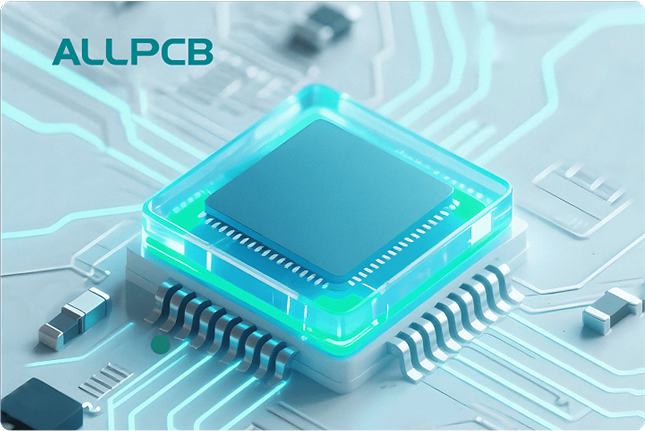When it comes to electrical connections in industrial, commercial, or hobbyist projects, choosing between terminal blocks and connectors can be a critical decision. Both serve the purpose of joining electrical circuits, but they differ significantly in design, application, and performance. So, which is best for your application? In short, terminal blocks are ideal for fixed, high-density wiring with a focus on reliability and ease of use, while connectors are better suited for applications requiring frequent disconnections, portability, and flexibility.
In this detailed guide, we’ll break down the differences between terminal blocks and connectors across key factors like cost, reliability, ease of use, vibration resistance, and signal integrity. Whether you’re an engineer designing a complex industrial system or a hobbyist working on a small project, this blog will help you make an informed decision tailored to your specific needs.
What Are Terminal Blocks and Connectors?
Before diving into the comparison, let’s clarify what terminal blocks and connectors are and their primary functions in electrical systems.
Terminal Blocks: Terminal blocks are modular, insulated blocks that secure two or more wires together. They are typically mounted on a DIN rail or panel and are used to organize and distribute electrical connections in a fixed setup. Terminal blocks often use screw, spring-cage, or push-in mechanisms to hold wires in place, making them a go-to choice for industrial automation and control panels.
Connectors: Connectors are devices designed to join electrical circuits, often allowing for quick and easy disconnection. They come in various forms, such as plugs and sockets, circular connectors, or rectangular connectors, and are used in applications where flexibility and portability are essential. Connectors are common in consumer electronics, automotive systems, and data communication.
Terminal Blocks vs. Connectors: Cost Analysis
Cost is often a deciding factor when selecting components for a project. Let’s compare terminal blocks and connectors in terms of upfront costs and long-term value.
Terminal Blocks Cost: Terminal blocks are generally more affordable per unit, especially for high-density wiring setups. A single terminal block can connect multiple wires, reducing the need for additional components. For example, a standard screw-type terminal block might cost between $0.50 to $2.00 per unit for basic models, depending on current and voltage ratings (e.g., 10A at 300V). However, installation costs can add up in large systems due to the time required for wiring and mounting.
Connectors Cost: Connectors tend to have a higher per-unit cost, especially for specialized types like waterproof or high-frequency connectors. Prices can range from $1.00 to over $10.00 per connector, depending on the design and application (e.g., a USB connector vs. an industrial circular connector). While connectors may seem more expensive initially, they can save money in applications requiring frequent maintenance or upgrades due to their plug-and-play nature.
Verdict on Cost: If budget is a primary concern and your project involves static wiring, terminal blocks are likely the more cost-effective choice. For dynamic systems where quick disconnections are needed, the higher cost of connectors may be justified by reduced downtime and labor costs.
Terminal Blocks vs. Connectors: Reliability Comparison
Reliability is crucial in electrical systems to ensure consistent performance and prevent failures. Here’s how terminal blocks and connectors stack up.
Terminal Blocks Reliability: Terminal blocks are known for their robust and secure connections, especially in fixed installations. Once wires are properly secured using screws or spring mechanisms, terminal blocks provide a low-resistance connection that minimizes the risk of loosening over time. They are designed to handle high current and voltage loads (e.g., up to 100A at 600V for industrial-grade blocks), making them highly reliable in harsh environments.
Connectors Reliability: Connectors can be reliable, but their performance depends on the design and application. High-quality connectors with secure locking mechanisms offer excellent durability, but lower-end models may suffer from contact wear or corrosion over time, especially in humid or dusty conditions. Connectors are also more prone to accidental disconnection, which can compromise reliability in critical systems.
Verdict on Reliability: For applications where connections must remain stable over long periods without frequent handling, terminal blocks are the more reliable option. Connectors are better suited for scenarios where reliability can be maintained through proper design and environmental protection.
Terminal Blocks vs. Connectors: Ease of Use
Ease of use impacts installation time, maintenance, and overall user experience. Let’s explore how terminal blocks and connectors compare in this aspect.
Terminal Blocks Ease of Use: Terminal blocks are straightforward to install, especially with modern designs like push-in or spring-cage types that eliminate the need for tools. Wiring multiple connections in a control panel is efficient with terminal blocks, as they allow for organized layouts and easy labeling. However, making changes or troubleshooting can be time-consuming since wires must be individually removed and reconnected.
Connectors Ease of Use: Connectors excel in ease of use for applications requiring frequent disconnections. With a simple plug-and-play design, they allow quick assembly and disassembly without tools in many cases. This makes connectors ideal for testing, repairs, or modular systems. However, aligning pins or ensuring proper mating can sometimes be tricky, especially with high-pin-count connectors.
Verdict on Ease of Use: Terminal blocks are easier to use for static, one-time installations with multiple connections. Connectors are the better choice for dynamic setups where quick changes or mobility are required.
Terminal Blocks vs. Connectors: Vibration Resistance
In environments with mechanical stress, such as industrial machinery or automotive systems, vibration resistance is a key consideration to prevent connection failures.
Terminal Blocks Vibration Resistance: Terminal blocks, especially those with spring-cage mechanisms, are designed to maintain secure connections even under vibration. The constant pressure exerted by the spring ensures wires remain in contact, reducing the risk of loosening. Studies have shown that spring-cage terminal blocks can withstand vibrations up to 20G (gravitational force) without signal interruption, making them ideal for harsh industrial settings.
Connectors Vibration Resistance: Connectors vary widely in their ability to resist vibration. High-quality industrial connectors with locking mechanisms or rugged designs can handle significant vibration (e.g., up to 15G in some military-grade models). However, standard connectors without secure locking are prone to disconnection or intermittent contact under vibration, leading to potential failures.
Verdict on Vibration Resistance: Terminal blocks, particularly spring-cage types, generally offer superior vibration resistance compared to most connectors. For high-vibration environments, opt for terminal blocks or invest in specialized connectors with enhanced locking features.
Terminal Blocks vs. Connectors: Signal Integrity
Signal integrity is critical in applications involving data transmission or sensitive electronics, as poor connections can lead to noise, interference, or data loss.
Terminal Blocks Signal Integrity: Terminal blocks are primarily designed for power distribution and may not always be optimized for high-frequency signals. While they provide low-resistance connections for power (e.g., contact resistance as low as 0.5 mΩ), they can introduce noise or crosstalk in high-speed data applications due to their open design and lack of shielding. They are best suited for low-frequency or DC signals.
Connectors Signal Integrity: Connectors are often engineered for specific signal types, including high-frequency data transmission. For instance, shielded connectors used in networking or telecommunications can maintain signal integrity at speeds up to 10 Gbps or higher, with impedance matching to minimize reflections. They are the preferred choice for applications like USB, HDMI, or RF signals.
Verdict on Signal Integrity: If your application involves high-speed data or sensitive signals, connectors designed for signal integrity are the better option. Terminal blocks are more suitable for power distribution or low-frequency control signals.
Key Applications: Where Each Excels
Understanding the typical use cases for terminal blocks and connectors can help narrow down your choice based on your project’s needs.
Terminal Blocks Applications:
- Industrial Automation: Used in control panels for connecting sensors, actuators, and power supplies due to their reliability and high-density wiring capability.
- Building Wiring: Ideal for fixed installations in electrical distribution systems within commercial or residential buildings.
- Power Distribution: Perfect for managing multiple power connections in a secure and organized manner.
Connectors Applications:
- Consumer Electronics: Essential for devices requiring frequent connections, such as USB ports or audio jacks.
- Automotive Systems: Used for modular wiring harnesses that need to be disconnected for maintenance or upgrades.
- Data Communication: Critical for maintaining signal integrity in networking and telecommunications equipment.
Factors to Consider When Choosing Between Terminal Blocks and Connectors
To make the best decision for your application, evaluate the following factors:
- Environment: Will the connection be exposed to vibration, moisture, or extreme temperatures? Terminal blocks are better for harsh, static environments, while rugged connectors may be needed for dynamic conditions.
- Frequency of Disconnection: If frequent changes or maintenance are required, connectors offer greater convenience.
- Signal Type: For high-frequency or data signals, connectors with shielding and impedance control are essential.
- Budget Constraints: Terminal blocks are often more cost-effective for large-scale, fixed installations.
- Space Limitations: Terminal blocks can save space in high-density setups, while connectors may require more room for mating and unmating.
Conclusion: Making the Right Choice for Your Project
Choosing between terminal blocks and connectors ultimately depends on the specific demands of your application. Terminal blocks shine in fixed installations where reliability, vibration resistance, and cost-efficiency are priorities. They are the backbone of industrial control systems and power distribution setups. On the other hand, connectors are indispensable for applications requiring flexibility, frequent disconnections, and high signal integrity, such as in consumer electronics or data communication.
By carefully assessing factors like cost, reliability, ease of use, vibration resistance, and signal integrity, you can select the component that best aligns with your project’s needs. Whether you’re wiring a factory automation system or designing a portable device, understanding these differences ensures a safer, more efficient, and reliable electrical connection.
 ALLPCB
ALLPCB


